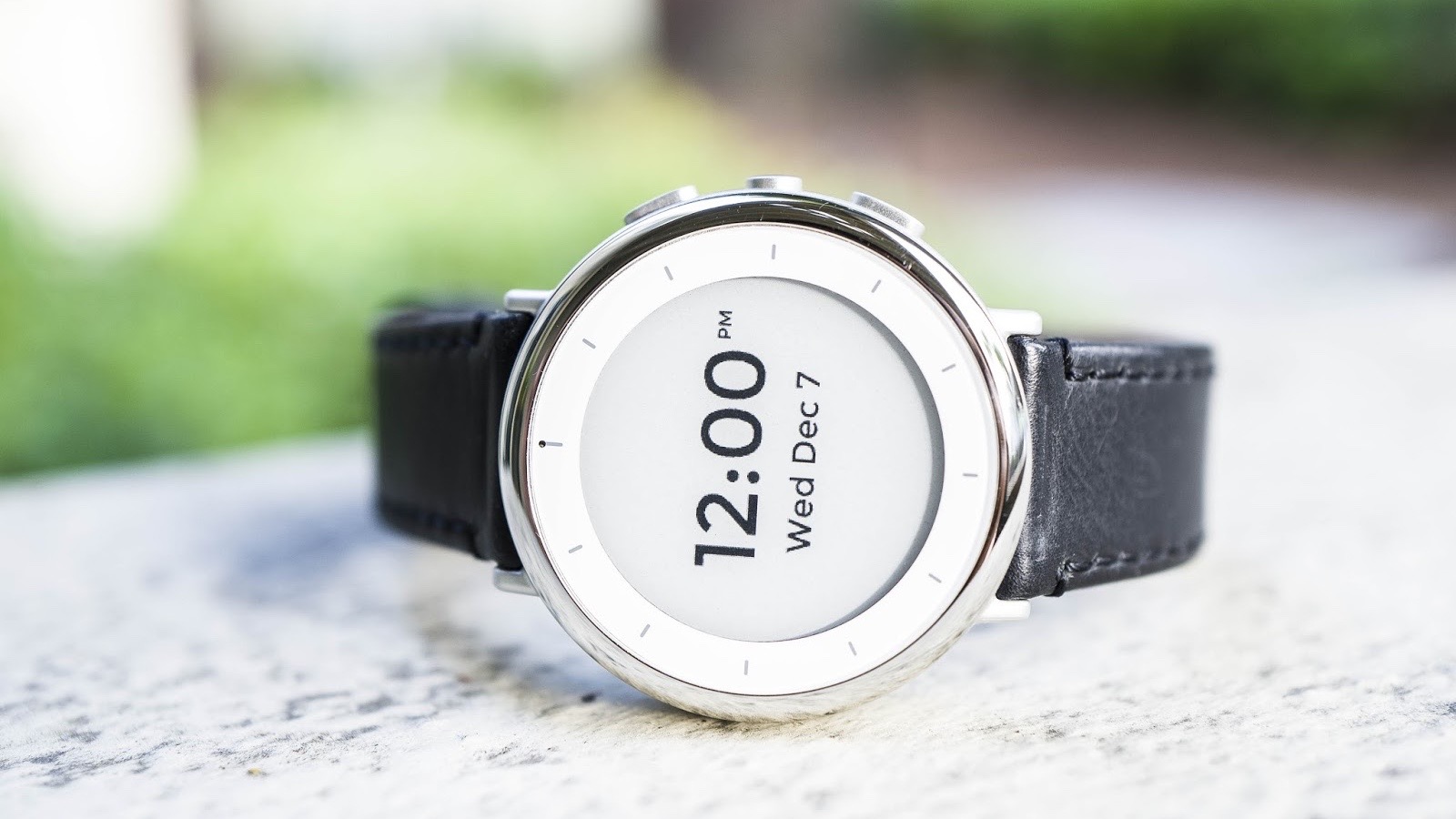Alphabet's life sciences branch made a sleek smartwatch for robust health tracking
Designed for research, not for buying

Sign up for breaking news, reviews, opinion, top tech deals, and more.
You are now subscribed
Your newsletter sign-up was successful
In a case of "If only we could buy this", Google parent company Alphabet's life sciences branch has detailed a stylish new smartwatch with robust health tracking capabilities.
Called the Verily Study Watch, the device is designed to track and collect the health data of wearers who are taking part in clinical and observational studies. Verily is clear on the watch's intent in a blog post: "Study Watch is an investigational device and is not for sale."
What Study Watch offers however is arguably what anyone who's ever used a smartwatch has dreamed about, and it's great to see these features made available to better understand human health.
Key features of Study Watch include sensors for picking up electrocardiogram readings, heart rate, electrodermal activity and inertial movements. Verily notes the Study Watch has "large internal storage and data compression," which lets the wearable host data gathered over a period of weeks, not days.
The watch's battery can last up to one week, which puts other smartwatches on the market to shame. Study Watch can run algorithms in real-time thanks to its processor, and all data on the device is encrypted for privacy.
And to help give it that sleek look without draining battery life, the Study Watch display is of the low power, high resolution variety. It's always on, but will only show the time and specific instructions, with no other data fed back to the user.
The watch is already destined for several studies, including the multi-year Personalized Parkinson's Project, and the Baseline study, which will track 10,000 participants over five years to understand transitions between health and disease.
Sign up for breaking news, reviews, opinion, top tech deals, and more.
While Study Watch isn't for consumers, the potential for its features and other learnings to eventually make it to mainstream devices is definitely there. Some of the tech and tracking systems Verily and its partners develop for Study Watch could feed into Google's Android Wear smartwatches one day, providing users more robust health readings than they're currently receiving.
Maybe Google and its hardware partners could take a page from Verily's design book, too? Just sayin'.
- In the market for an Android Wear watch? Look no further

Michelle was previously a news editor at TechRadar, leading consumer tech news and reviews. Michelle is now a Content Strategist at Facebook. A versatile, highly effective content writer and skilled editor with a keen eye for detail, Michelle is a collaborative problem solver and covered everything from smartwatches and microprocessors to VR and self-driving cars.